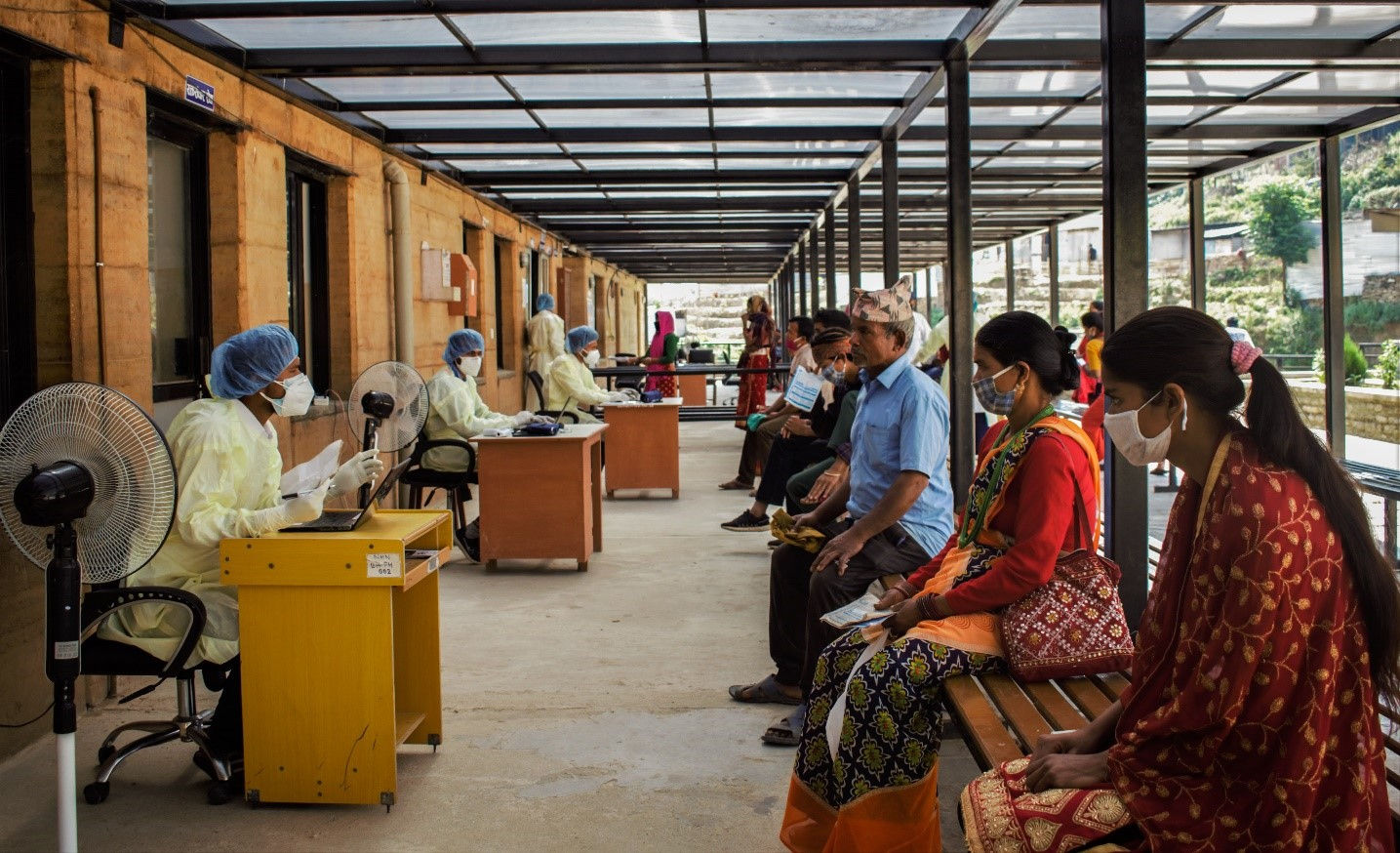Understanding Chhaupadi - a personal story from one of our Community Health Workers
- pratistha3
- May 28, 2020
- 3 min read

In the western part of Nepal, it is customary for Hindu women to participate in a practice called Chhaupadi which prohibits a woman from participating in normal family activities during menstruation because she is considered impure. The women are kept out of the house and typically have to live in a shed during their menstrual cycle. Although attitudes towards Chhaupadi are slowly changing, this story from one of our Community Health Workers explains the practice from a very personal perspective and how she is working to change attitudes.
My practice of staying in a shed during menstruation started in my maternal home. It was compulsory for my mom to go to menstruation shed every time she got her period. As a result, I grew up believing this was normal. I spent many of my childhood nights in the shed with her as she was still required to care for me, in spite of being banished to the shed.
I was only twelve when I got my first period. Being the eldest daughter, I did not know who to tell. I desperately feared that if I did not go to the shed, something bad would happen to me or my family. I was so scared that I could not sleep that night. Eventually, at midnight I went to my mom’s room. I was immediately sent to the shed.
I got married at the age of 18, was required to stop my studies in grade 10, and moved to live with my husband’s family. I did not know how I would adjust to living with a new family but I was determined to fit in. After a few months, I experienced more and more restrictions during menstruation in my new house. While menstruating I was not allowed to enter the courtyard or use the common walkway. I could not tell anyone. I had to go to my neighbor’s shed during my period but this wasn’t always possible.
I was born into a Dalit family and being a Dalit, upper caste people didn’t allow me to live in their shed during my menstrual cycle. Many times I had to stay awake all night as there was no space in the shed for me - this was particularly hard during the cold winter months. I had to eat my meals in such a dirty place. Even when there were milk and yogurt in the house, I was given only salt to mix with rice and eat because it was believed that if we had the yoghurt and milk during menstruation, animals wouldn't produce milk. My husband would encourage me to stay at home, but my heart would not let me do that, such were the ingrained beliefs of my childhood and the society I was living in.
A few years later I decided to pursue my studies and completed my grade 10. During that time, my neighbor told me about a vacancy as a cleaner at Nyaya Health Nepal (NHN)’s Sanfe Clinic. I applied and was successful. I was delighted. After a few years, I was given the opportunity to train as a Community Health Worker. In the meantime, I continued my studies and completed grade 12. I was so proud of the day I officially became a Community Health Worker.
While working in the community, I faced many challenges for being a Dalit. Oftentimes when I visited a family, even if it was raining, they would not allow me to enter the courtyard of their house, concerned that I might be menstruating.
Meanwhile, I gave birth to two children and continued to work for NHN. I convinced my mother in law and other family members that I was taking family planning contraceptives and was not menstruating - this afforded me the right to stay in my home during my menstrual cycle.
In the meantime, Nyaya Health Nepal trained me on dignified menstruation as a part of our Community Health Worker curriculum. I gained a much better understanding of menstruation that I could then share this knowledge with other women and their families. I started to provide information about menstruation during the ante-natal group meetings I facilitated. I worked on how to reduce the stigma of periods and to help educate the community on best practices.
Now at every home visit, I inform the entire family about dignified menstruation. For two years now, I have stayed comfortably in my own home when I am menstruating. Slowly things are changing and I am proud of the role I’m playing in that change.
Explore here to find out how you can support our Community Health Workers.


Comments